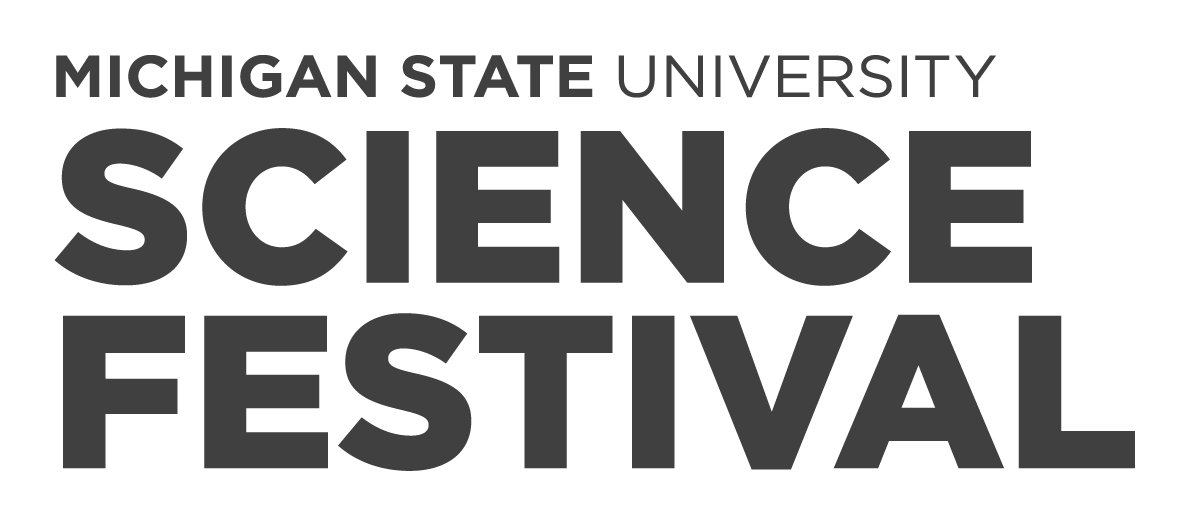Statewide Astronomy Night
Explore the wonders of the universe at your local planetarium or observatory in celebration of Statewide Astronomy Night. Dates and more information will be announced later in the fall of 2025.
-
Statewide Astronomy Night at the Kalamazoo Valley Museum
Saturday, April 25, 6:00 - 8:00 PM at Kalamazoo Valley Museum 230 N Rose St Kalamazoo, MI 49007
Appropriate for: Kindergarten and Pre-K, Elementary school age, Middle school age, High school age, 18 years and above
The Kalamazoo Valley Museum will participate in Statewide Astronomy Night (SWAN) on Saturday, April 25, from 5 to 8 p.m. with astronomy-related activities for people of all ages. Enthusiastic staff and volunteers will engage visitors with a mix of astronomy-themed games, crafts, interactive demonstrations, and exciting planetarium experiences.The program is free and open to the public.
Learn more about Statewide Astronomy Night at the Kalamazoo Valley Museum
-
Statewide Astronomy Night at the Belle Isle Nature Center
Saturday, April 25, 7:00 - 10:00 PM at Belle Isle Nature Center 176 Lakeside Drive Detroit, MI 48207
Appropriate for: Kindergarten and Pre-K, Elementary school age, Middle school age, High school age, 18 years and above
Belle Isle Nature Center is partnering with Wayne State University’s Planetarium, the Michigan Department of Natural Resources, and the Michigan Science Center to host an Astronomy Night. Nature center staff will facilitate educational activities about nighttime animal adaptations and the Lights Out program to ensure safe passage for nocturnal wildlife. Wayne State University staff set up multiple telescopes on the nature trail and offer activities related to the sky. The Michigan Department of Natural Resources will set up a to-scale, self-guided solar system tour, including trivia and fun facts about the planets. Michigan Science Center staff will provide an inflatable planetarium and offer an immersive tour of the sky. This event is free, but access to Belle Isle requires a recreation passport.
Learn more about Statewide Astronomy Night at the Belle Isle Nature Center



